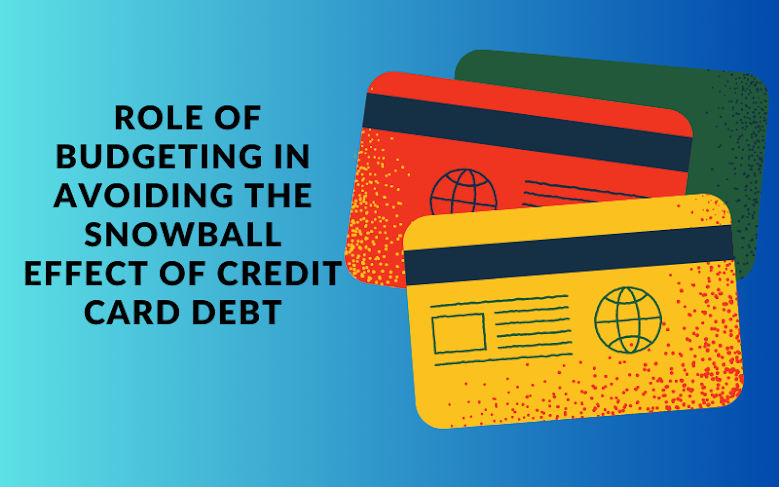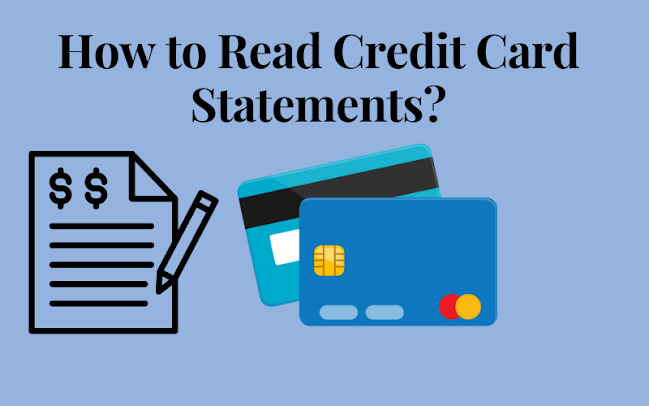The Role of Budgeting in Avoiding the Snowball Effect of Credit Card Debt
In today's consumer-driven society, credit cards have become an integral part of our financial landscape. While they offer convenience and flexibility, they can also lead to a snowball effect of debt if not managed wisely. One of the key strategies to avoid falling into the trap of accumulating excessive credit card debt is effective budgeting. Budgeting allows individuals to take control of their finances, make informed decisions, and allocate funds responsibly. By understanding their income, expenses, and financial goals, individuals can create a comprehensive budget that not only helps them avoid the snowball effect of credit card debt but also promotes financial stability and healthy financial habits. In this article, we will explore the crucial role of budgeting in preventing the snowball effect of credit card debt and discuss the various ways it can be implemented to achieve financial well-being.
Prevent the accumulation of excessive credit card debt:
Expense Management:
Budgeting allows individuals to track their income and expenses, providing a clear picture of where their money is going. By analyzing their spending patterns, individuals can identify areas where they may be overspending or making unnecessary purchases. This awareness enables them to make conscious decisions about their spending habits and prioritize essential expenses over discretionary ones, reducing the risk of accumulating credit card debt.
Setting Spending Limits:
With a budget in place, individuals can establish spending limits for different categories, such as groceries, entertainment, transportation, and discretionary purchases. By allocating specific amounts to each category, individuals can ensure that they do not exceed their available funds and resort to credit card usage for every expense. This helps individuals stay within their means and avoid relying heavily on credit cards, thereby mitigating the snowball effect of debt.
Debt Repayment Strategy:
Budgeting provides a structured approach to debt repayment. By allocating a portion of their income towards paying off credit card balances, individuals can systematically reduce their debt over time. Budgeting helps individuals identify surplus funds that can be directed towards debt repayment, accelerating the process of becoming debt-free. With a clear repayment plan in place, individuals can avoid the accumulation of interest charges and fees, preventing their credit card debt from spiraling out of control.
Emergency Fund Creation:
One of the significant reasons individuals rely on credit cards is the lack of savings to handle unexpected expenses. Budgeting allows individuals to prioritize the creation of an emergency fund. By setting aside a portion of their income each month, individuals can build a safety net that can be used to cover unforeseen expenses, such as medical bills, car repairs, or home maintenance. Having an emergency fund helps individuals avoid relying on credit cards during financial emergencies, reducing the risk of falling into a cycle of debt.
Financial Goal Planning:
Budgeting facilitates the setting of financial goals and paves the way to achieve them. Whether it's saving for a down payment on a home, planning for retirement, or taking a vacation, budgeting helps individuals allocate funds toward their goals. By including savings contributions in their budget, individuals can make progress toward their goals without resorting to credit card debt. This approach promotes responsible financial behavior and prevents the snowball effect of credit card debt.
Read more: How to Read Credit Card Statements?
In conclusion, budgeting plays a pivotal role in avoiding the snowball effect of credit card debt. By creating a realistic budget that aligns with one's income and financial goals, individuals can effectively manage their expenses, avoid unnecessary debt, and make informed decisions regarding credit card usage. Through budgeting, individuals gain control over their finances, reduce the risk of accumulating excessive debt, and pave the way towards long-term financial stability. It empowers individuals to prioritize their spending, save for emergencies and future goals, and ultimately break free from the cycle of credit card debt. By incorporating budgeting as a fundamental financial practice, individuals can proactively manage their finances, stay on top of their credit card balances, and build a solid foundation for a healthy and secure financial future.



Comments
Post a Comment